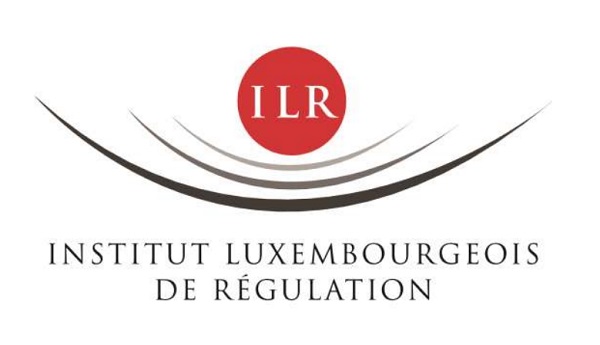
Created 10 years ago, the Mediation Service of the Luxembourg Regulatory Institute (ILR) has confirmed that it has just received its 1,000th request for mediation.
Mediation, a free out-of-court dispute resolution mechanism, was introduced by the ILR in 2011 for electronic communications services and for energy (electricity and natural gas). In 2014, it was extended to the postal services sector. Since 2016, the ILR has had the status of a qualified entity for out-of-court settlement of consumer disputes in the sectors under its jurisdiction. This status has been assigned to it by the Ministry of the Economy and signifies exclusive competence to deal with consumer disputes that fall within its area of competence. The mediation procedure has recently been modernised; now mediation requests are submitted online and the exchange with the mediation service takes place electronically.
The ILR receives an average of 100 mediation requests per year. The majority of requests made so far relate to electronic communications services, including the 1,000th mediation request relating to a dispute arising from a subscription which, although terminated, is still being billed to the customer.
In 2020, the ILR received a total of 134 mediation requests from all sectors. Since the inception of the service, requests have been steadily increasing, a trend that will most likely be confirmed for the current year as more than 80 new mediation requests have been made to the service so far.
In the area of postal services, the number of inquiries doubled between 2019 and 2020. Most disputes relate to the delivery of packages that do not reach their destination. Requests received in 2021 currently only concern the sending and delivery of packages.
In the electricity and natural gas sector, it is above all questions of metreing and billing of statements that are submitted to the mediation service. One topic that comes up regularly is that of incorrect allocation of metres when reading.
Among the main subjects of dispute concerning fixed and mobile telephony, is that of premium services, in particular premium SMS, that is to say a more expensive type of messaging where one can subscribe to services, such as games, contests, ringtones, horoscope, weather etc. The cost of the service subscription is then billed in the monthly mobile phone subscription. You can also subscribe to this type of service by indicating your mobile phone number on websites dedicated to these services.
It is therefore important to never indicate your mobile number on little-known sites. In most cases, the subscription is unintentional and the consumer only realises it when they receive their bill. In recent years, calls to premium rate numbers have added to the problem of premium SMS. In this context, the ILR have issued a reminder that the consumer must be informed at the start of the call that it is a premium rate number and the billing unit. The consumer thus still has the possibility of hanging up to avoid excessively high costs.
Litigation over fixed internet has also increased recently. Discrepancies are related to installation costs, problems occurring during the installation and activation of the internet service or during troubleshooting, poor quality of the service provided.
Another sticking point: consumers subscribe to a subscription with a determined quality (speed) which for technical reasons cannot be provided at their home (examples: lack of an adequate infrastructure, internal wiring of their home not compliant or lacking, resulting in a more expensive installation and not included in the offer). For consumers, especially tenants who do not know the condition of the internal wiring in their home, it is at the time of installation when the subscription has already been taken out that they become aware of this state of affairs.
In general, the ILR notes that the mediation procedure makes it possible to re-establish dialogue between the parties involved, who, due to their knowledge and technical skills, are often found in unequal positions. The mediation service brings them together around a table, encourages them to each present their position and thus helps them find an amicable solution that is satisfactory to both parties. The fact that the majority of disputes result in an agreement between parties comforts the ILR in its role as mediator and underlines the importance of this dispute resolution mechanism.








